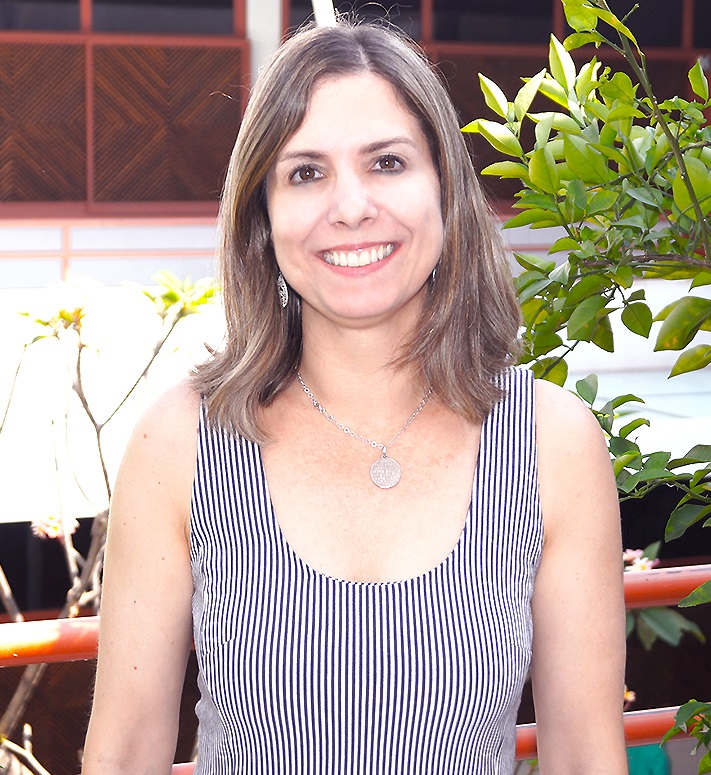Teacher Development Workshops: A recipe for success?
One of the best parts of my job is working with other teachers. This can be anything from a one-off 60-minute workshop, to a whole year of regular sessions with everything in between. There are many ways of approaching this work with a variety of names that all suggest a slight difference in focus: teacher training, teacher development, teacher education, professional development are just some of the different terms you can easily find bandied about. For some ideas on the differences between these approaches try reading Jack C Richards or try Willy Cardoso‘s excellent musings. For some insights from outside the sometimes insular world of English language teaching read G. Patrick O’Neil or take a look at this Prezi presentation by Sydney Fode.
For the purposes of this short blog I am going to bundle everything together under the term ‘teacher development’ purely to make things easier for me. Elsewhere on the Richmond Share blog, Isabela Villas Boas wrote a great summary of some of the ways she or her colleagues have been involved in teacher development. As can be seen from her title ‘Thirty teacher development activities you may have engaged in this year‘ there are many ways we can work to improve ourselves as teachers.
One of the most common forms of teacher development must be going to individual workshops. These can be part of a conference, a webinar, provided by a publisher or even requested by a school or its teachers.
Generally, I love giving one-off workshops. There is a challenge in that I rarely know anything about who is going to participate; their experience, language level, interests are usually fairly opaque. This means I have to be on my toes and ready to react to what is not going so well and how the participants react. Reading the mood of the group then becomes vital as there is little opportunity to receive direct feedback, nevermind actually acting on it.
The only way to effectively read a group is to quickly develop a good level of rapport. This, in itself, is challenging because I simply don’t have the time to develop to lots of rapport-building exercises when the session might be as short as 60 minutes.
The final main challenge that I face is the expectations of the participants. Why have they decided to come to this workshop? Have they been strongly encouraged to come by their boss? Or are they genuinely interested in what I have to say? Are they experts in this particular field or total newcomers to it? What do they hope to take away from this little session?
A lot of the time, the answer to this last question is something along the lines of ‘I want practical tips to be able to use in my class tomorrow morning.’ I perfectly understand this need, as I have often been in the same situation. As a trainer, though, I am slightly disappointed. It suggests there is little desire to question what has been presented, to look for deeper methods, or to allow time for exploring alternative answers.
There has to be a balance. I have been to sessions where there is little or nothing to take away from a workshop and I have felt cheated. At the same time, walking away with half a dozen ‘recipes’ for activities with no insight into why they might be useful is just as cheapening.
As well as trying to include a balance of activities, discussions of methods and opportunities for reflection, one possible solution I have found is to provide a wide variety of recipes and, right at the end, ask the participants which of them they could not use with their classes and why. If time allows, and it often doesn’t, this can generate a lively discussion as to the merits or otherwise of activities and leads to some quite deep and meaningful discussions. If nothing else, it encourages participants to question what they have been presented.





